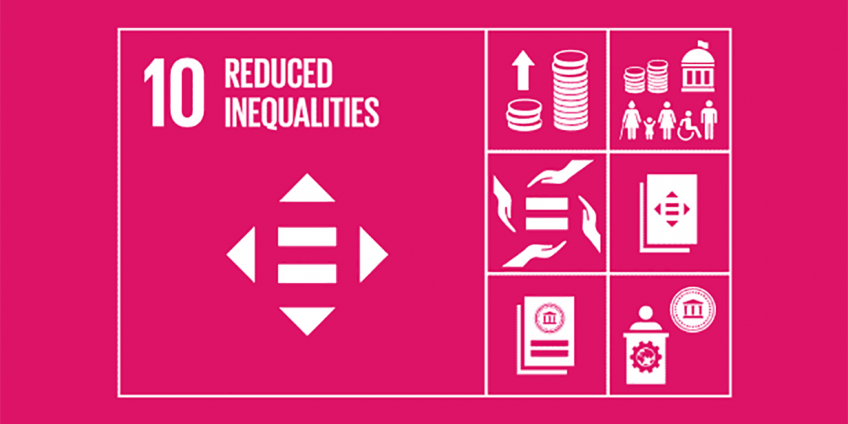To end poverty, we must share economic gains more equally
On paper, we have every reason to be optimistic. After years of turbulence, the global economy is back on track with a healthy 3 per cent growth, extreme poverty has declined dramatically over the past 20 years and unemployment is falling in many parts of the world. Yet, large parts of the global population will struggle to see similar advancements in their personal financial situation.
In developing and developed countries alike, the global economic rebound has been slow to translate into higher wages and lower poverty. One reason behind this is the deepening income inequality. Evidence from several developed countries suggests that the recent growth in wages is benefitting primarily the high-earners. This is particularly true for the United States, where many analysts have linked growing inequality to the popularity of inward-looking policies.
Developing countries have equally experienced a sharp spike in income inequalities. In 1980, the 10 per cent of highest earners in India accrued just over 30 per cent of the national income. In 2016, it was already 55 per cent. In 2014, more than one in every five rupees of the national income went to just one per cent of the population – a record high for India.
Similarly, the top one per cent of South Africans earns one fifth of all the wages paid out, while the bottom 50 per cent only receive 12 per cent. Gender inequalities are equally prevalent. In Tanzania, 42 per cent of female employees receive less than two-thirds of the median hourly wage.
But wage disparities only tell part of the story. For decades, wage and salary earners as a whole have been seeing their slice of the national income shrink, in favour of their employers and shareholders, and to satisfy production costs. This has further fuelled the rise of global inequalities to today’s unsustainable levels.
Governments are far from defenceless, however. Rising inequality calls for more effective labour market policies, including more progressive tax systems, better social protection and a review of minimum wages.
None of these policies are easy to implement, but without urgent action to narrow the growing gap between the rich and the poor, ending poverty by 2030 will become impossible.
Every month UN DESA’s World Economic Situation and Prospects Monthly Briefing brings you the latest in the global economy. You can find the latest, April issue, .
For more information:
Source:
Related to SDG 10: Reduced inequalities



